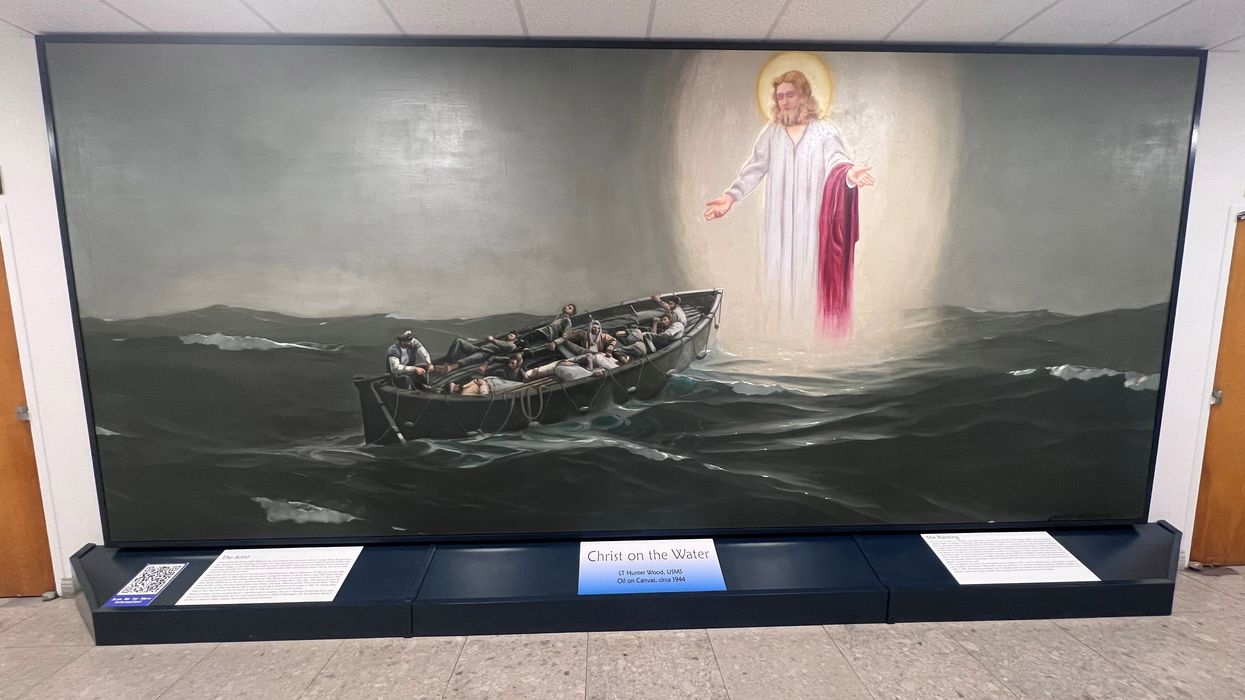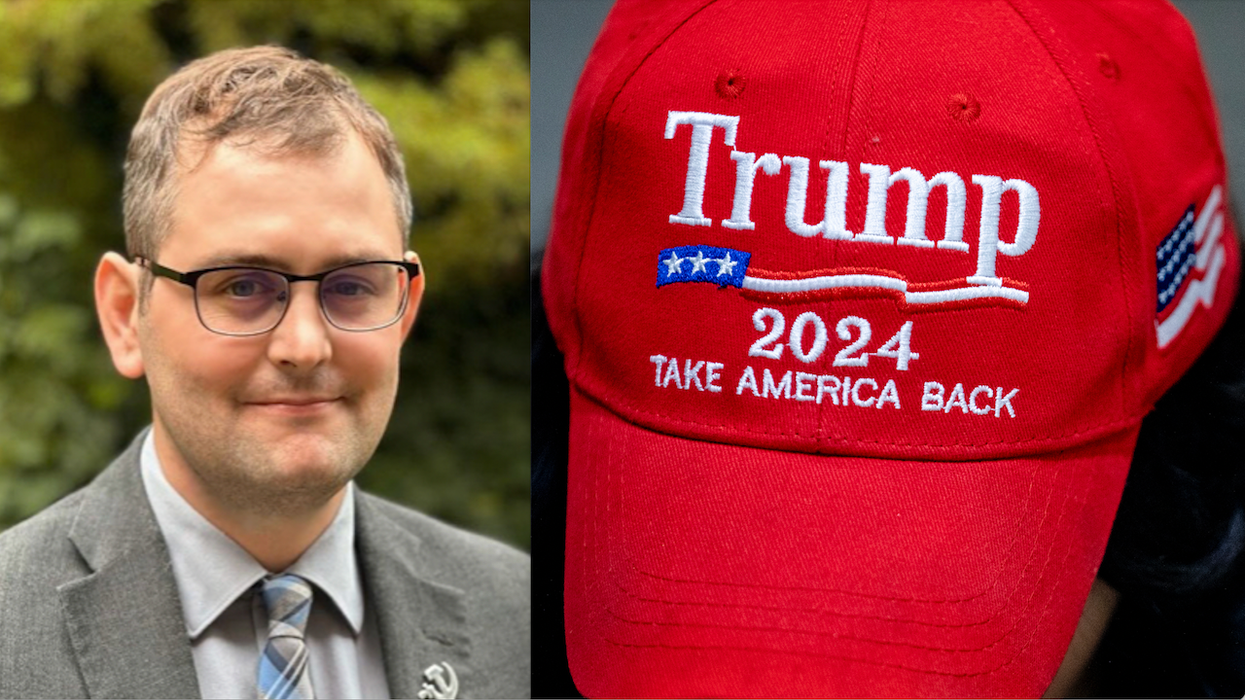
© 2025 Blaze Media LLC. All rights reserved.
Can you imagine an America without any federal taxes? Well that is exactly what we had in our first two years as a nation: zero federal taxes. Each state was allowed to tax what their individual legislatures deemed appropriate. However, Alexander Hamilton and some of America's first lawmakers had different ideas.
Some background from Politico:
Hamilton had proposed the tax on distilled spirits to raise revenue to pay down the national debt. It had soared after the federal government assumed debts incurred by states in the Revolutionary War as part of the grand bargain that led to the adoption of the U.S. Constitution.Hamilton said the tax would serve “more as a measure of social discipline than as a source of revenue.” But, perhaps most important, he wanted the tax to advance and secure the power of the nascent federal government.
The House voted 35-21 to approve the legislation. According to the Alcohol and Tobacco Tax and Trade Bureau, "The 1791 excise law set a varying six to 18-cent per gallon tax rate, with smaller distillers often paying more than twice per gallon what larger producers paid. All payments had to be made in cash to the Federal revenue officer appointed for the distiller's county."
The move became the "the first nationwide internal revenue tax," the Bureau says.
It angered many, especially grain farmers in the West.
More from Politico:
In 1794, farmers in western Pennsylvania attacked federal officials seeking to collect tax on the grain they had distilled into whiskey. One group of resisters, disguised as women, assaulted a tax collector, cropped his hair, tarred and feathered him and stole his horse.
 Photo Credit: libraryofcongress.gov
Photo Credit: libraryofcongress.gov
That became the imputes for an important event in the American experiment: The Whiskey Rebellion.
About.com describes the scary events that followed:
On August 1, 1794, events came to a head as a group of farmers in Washington County, Pennsylvania, south of Pittsburgh, challenged and then burned down the mansion of President George Washington's friend and Inspector of Revenue in southwestern Pennsylvania, Brig. Gen. John Neville.On August 7 President Washington, recognizing that he must maintain control if the fledgling government was to survive, issued the Whiskey Rebellion Proclamation ordering the insurgents to go home and calling out a militia force of several thousand from four states. After efforts of negotiators to try and calm the insurrection failed, President George Washington, acting upon the advice of Federalist Alexander Hamilton, decided to make an example of the rebels and rode to Western Pennsylvania with 13,000 militia troops to quash the rebellion. Washington accompanied the troops as far as Bedford, where he spent the night at the house of David Espy on October 18. The next day, he reviewed the assembled troops, issued orders to General Lee, and then started back to Philadelphia. This was to be the last time George Washington personally led troops on the field, and the only time he did so as President.
By the time the federal force arrived in Western Pennsylvania, the rebellion had collapsed and most of the rebels had fled. The Whiskey Rebellion officially ended on the night of 13 November, 1794, with the arrest of approximately 150 remaining rebels. It was not until 1801 that the excise tax on whiskey was officially ended, however.
Photo Credit: About.com
While there were arrests, the TTB says Washington and John Adams issued pardons:
Of the whiskey rebels who were arrested, many were released due to a lack of evidence. Only a few men were tried and just two were convicted of treason. In July 1795, President Washington pardoned the two convicted men and those still in custody or under indictment. Several rebels sought for arrest fled the area, but most were later pardoned as well. President John Adams pardoned David Bradford, who escaped to Spanish-controlled New Orleans, in March 1799.
Cheers.
 Photo Credit: thedistilledlife.com
Photo Credit: thedistilledlife.com
Want to leave a tip?
We answer to you. Help keep our content free of advertisers and big tech censorship by leaving a tip today.
Want to join the conversation?
Already a subscriber?
more stories
Sign up for the Blaze newsletter
By signing up, you agree to our Privacy Policy and Terms of Use, and agree to receive content that may sometimes include advertisements. You may opt out at any time.
© 2025 Blaze Media LLC. All rights reserved.
Get the stories that matter most delivered directly to your inbox.
By signing up, you agree to our Privacy Policy and Terms of Use, and agree to receive content that may sometimes include advertisements. You may opt out at any time.


